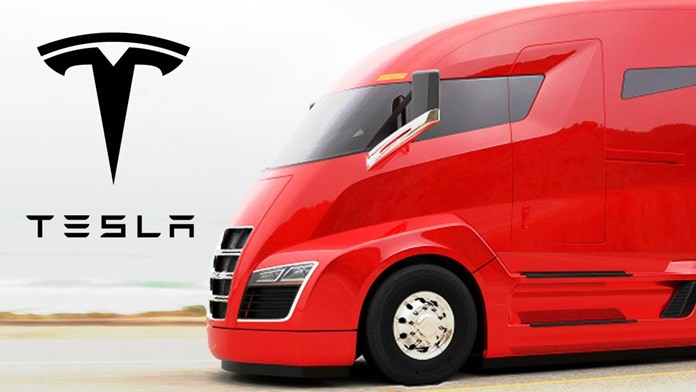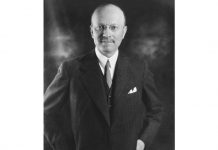
United Parcel Service on Tuesday joined Meijer, PepsiCo, Anheuser-Busch and several other companies to be among the first to order Tesla’s all-electric big-rig trucks.
 The Atlanta-headquartered package delivery company said it has reserved 125 semi-trucks. The new vehicles will be part of the company’s alternative-fuel fleet of trucks. UPS operates one of the largest commercial fleets in the world.
The Atlanta-headquartered package delivery company said it has reserved 125 semi-trucks. The new vehicles will be part of the company’s alternative-fuel fleet of trucks. UPS operates one of the largest commercial fleets in the world.
UPS has said that by 2020 it wants one in every four new vehicles it purchases annually to use an alternative fuel source. The Tesla trucks would help the company reach that goal.
“For more than a century, UPS has led the industry in testing and implementing new technologies for more efficient fleet operations. We look forward to expanding further our commitment to fleet excellence with Tesla,” said Juan Perez, chief information and engineering officer, in a statement.
The company said the electric trucks are poised to usher in a new era in improved safety, reduced environmental impact and reduced cost of ownership.
Tesla CEO Elon Musk has most recently targeted a 2019 start of production on the trucks. Tesla routinely misses target launches and production ramps, though. Production and delivery on the company’s new, more affordable Model 3 sedan is behind by several months.
The electric-vehicle maker requires a $5,000 down-payment per vehicle for those who want to reserve and test the trucks.
They have a feature that’s piqued the interest of many large companies: a self-drive assist feature.
When the truck concept debuted in November, Musk compared driving the big rig to being behind the wheel of one of his company’s other electric vehicles that feature its semi-autonomous “Autopilot” feature.
“It’s as though you’re driving a Model S or a Model X or a Model 3,” he said. “It’s just big. It’s super easy to drive.”
Musk said Tesla’s autopilot system will come standard on all of its electric trucks. That doesn’t make it fully autonomous, because the autopilot feature still requires the full attention of the driver to ensure safety, but it’s one of the first semi trucks to move toward full autonomy.
“The truck will automatically brake,” he said. “It will actually automatically lane keep as well. Even if you’re in the truck and you have a medical emergency, the truck will actually stay in the lane and gradually come to a halt … This is a massive increase in safety.”
“It’s as though you’re driving a Model S or a Model X or a Model 3,” he said. “It’s just big. It’s super easy to drive.”
So Elon Musk is now into big rigs. What’s next? The Tesla plane? Or the Tesla submarine?





